MS Management Information Systems
Our MS MIS program in-person in College Station, TX prepares you to master database management, leveraging large data sets, and the technical skills to design and secure information systems. Learn a solid technical information systems foundation and how to contribute to solving business problems.

Academic Overview

Students who have already completed or are in the process of completing a bachelor’s degree may apply for the master’s program in Management Information Systems (MS MIS). Applications for the MS MIS program are accepted for fall admission only.
Degree Details
Credit Hours: 36
Class Type: In-Person
Location: College Station
Designation: STEM
Admissions
Applications are reviewed on a rolling admissions model. Priority deadline applications receive priority consideration for admission and financial aid. Below is a list of requirements in order to submit a complete application.
- BusinessCAS application
- Application fee paid in BusinessCAS
- Essay responses
- Resume
- Three letters of recommendation
- Unofficial transcript(s)*
- TOEFL or IELTS (International applicants – unofficial, self-reported, within two years of application date)
- TEC or WES basic course-by-course evaluation (applicants with undergraduate degrees from non-U.S. institutions only)
- GRE or GMAT (optional; if reporting, upload unofficial score reports into application)
Other admissions requirements:
- Completion of at least one prerequisite course; those with at least two prerequisites completed will be the most competitive
- Four-year undergraduate degree
*If admitted, official documents are required

Apply To Mays
Fall Entry Only – Applications for Fall 2025 are closed and will reopen on Sept. 2 for Fall 2026
Tuition and Financial Aid

Earning an master’s degree is truly an investment in yourself and your career. Use our tuition calculator to estimate your cost or contact our program team. Financial aid can include federal, state, institutional, and private sources that assist eligible students in funding their education. We encourage you to review information available from the Texas A&M University Office of Financial Aid for additional information.
Learn More
Texas Resident Tuition: $31,396 (total cost estimate)*
Non-Resident Tuition: $50,352 (total cost estimate)*
*These amounts are subject to change and do not reflect the cost of books, living expenses, or other incidental expenses. Texas A&M University’s official resource for tuition fees is the tuition calculator.
Explore MS Management Information Systems
Department
The Department of Information and Operations Management
The Department of Information and Operations Management oversees Mays Business School’s Management Information Systems (MISY) and Supply Chain Management (SCMT) programs. Our mission is to advance the field of information sciences through quality education, active partnerships, and research initiatives. Our department ranks among the top in the world in terms of research productivity, impact, and visibility.

MS Management Information Systems
Hear from Girija Laxmi Iyer ’23 as she explains how her MS-MIS degree is equipping her to become a highly impactful woman leader in the STEM industry.






